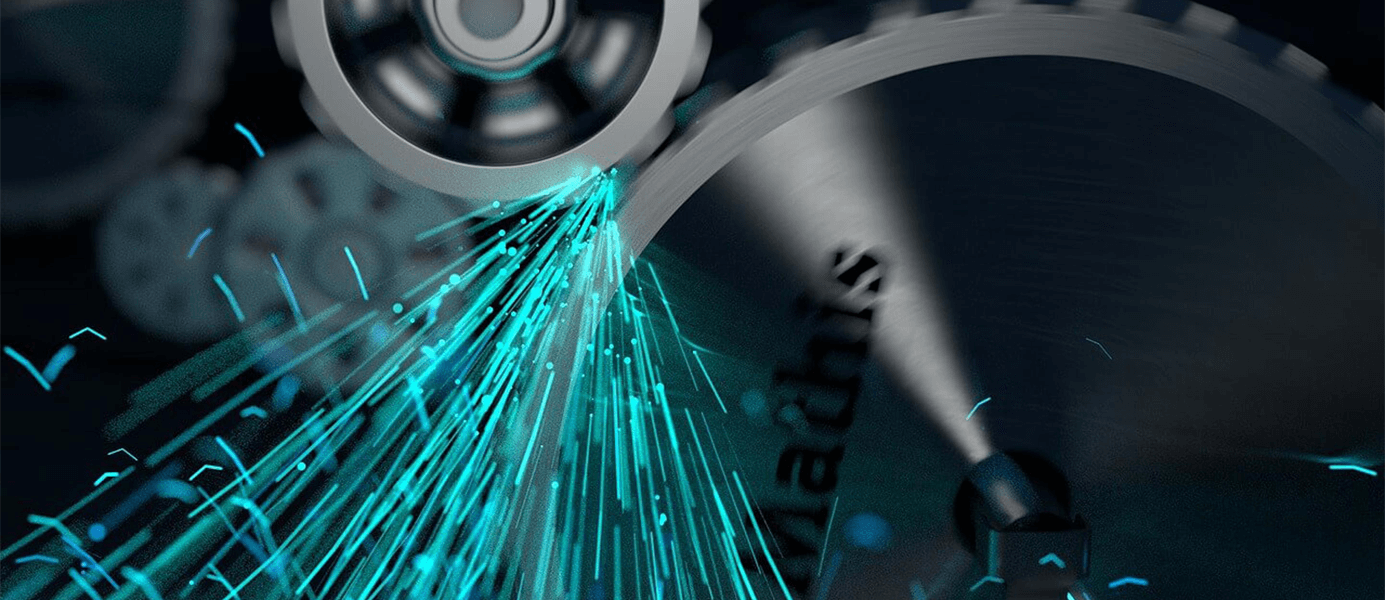Ph.D. MECHANICAL ENGINEERING

The Ph.D. Programme in Mechanical Engineering at SR University aims to cultivate researchers who can contribute significantly in both academic and industrial domains. The goal is to develop deep expertise in core and emerging areas—including but not limited to design, fluid mechanics, thermal sciences, manufacturing, materials, and robotics—so as to foster innovation, solve complex engineering problems, and push forward cutting-edge technologies.
Research Areas / Specializations
A PhD candidate can specialize in several interrelated subfields. Key areas include:
Design Engineering: Machine design, product design, optimization, computational design methods, structural mechanics, dynamic systems, tribology, contact mechanics, vibration & noise control, design for manufacturability, etc.
Fluid and Thermal Sciences: Heat transfer, fluid flow (both laminar and turbulent), computational fluid dynamics (CFD), thermal systems (e.g. heat exchangers, cooling), energy systems, renewable energy thermal applications, thermo‐fluid modelling and experimentation.
Manufacturing & Advanced Manufacturing: Traditional and modern manufacturing processes, additive manufacturing (3D printing), machining, joining, forming, smart manufacturing, automation in production, surface engineering/coating, manufacturing system engineering.
Materials Science & Engineering: Materials characterization, nano‐materials, composite materials, metallurgical processes, material coatings and surface engineering, mechanical behavior of materials, fatigue, corrosion, and material modelling.
Robotics & Automation: Automation, control systems, mechatronics, robotics design and control, mobile and industrial robotics, sensor systems, embedded systems, AI/ML applications in robotics, path planning, etc.
SR University’s Ph.D. programme in Mechanical Engineering is well-suited for students who aim to become researchers, academicians, or technical leaders in industry. With a strong infrastructure, committed faculty, multiple specialisations, and financial / institutional support, it offers a stimulating environment for doctoral research in the fields of design, fluids/thermal, manufacturing, materials, robotics, etc.
Additive manufacturing
Automation and Robotics
Automotive engineering
Nano materials
Thermo fluids
Coating and Surface Engineering
Metals ProcessingTechnology
Composite Materials
Manufacturing System Engineering
Mechanical Engineering Design
Industrial Engineering
Energy technologies
Qualified and experienced academia from top national and international institutes having strong research acumen
Research staff with experience in real time industrial applications
State-of-the-art and fully equipped laboratories
Highcomputing facilities with Advanced manufacturing and design simulation softwares
National and International research collaborations with reputed Universities
Mentoring from reputed industry researchers